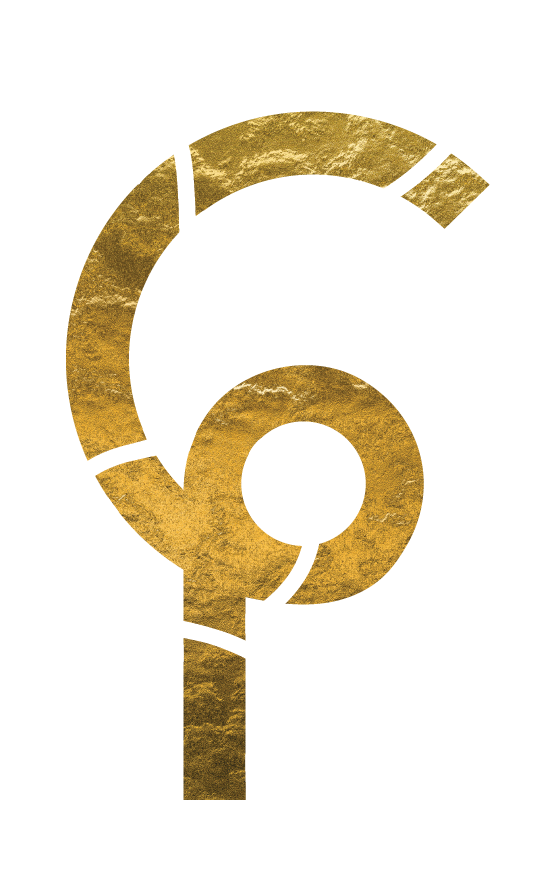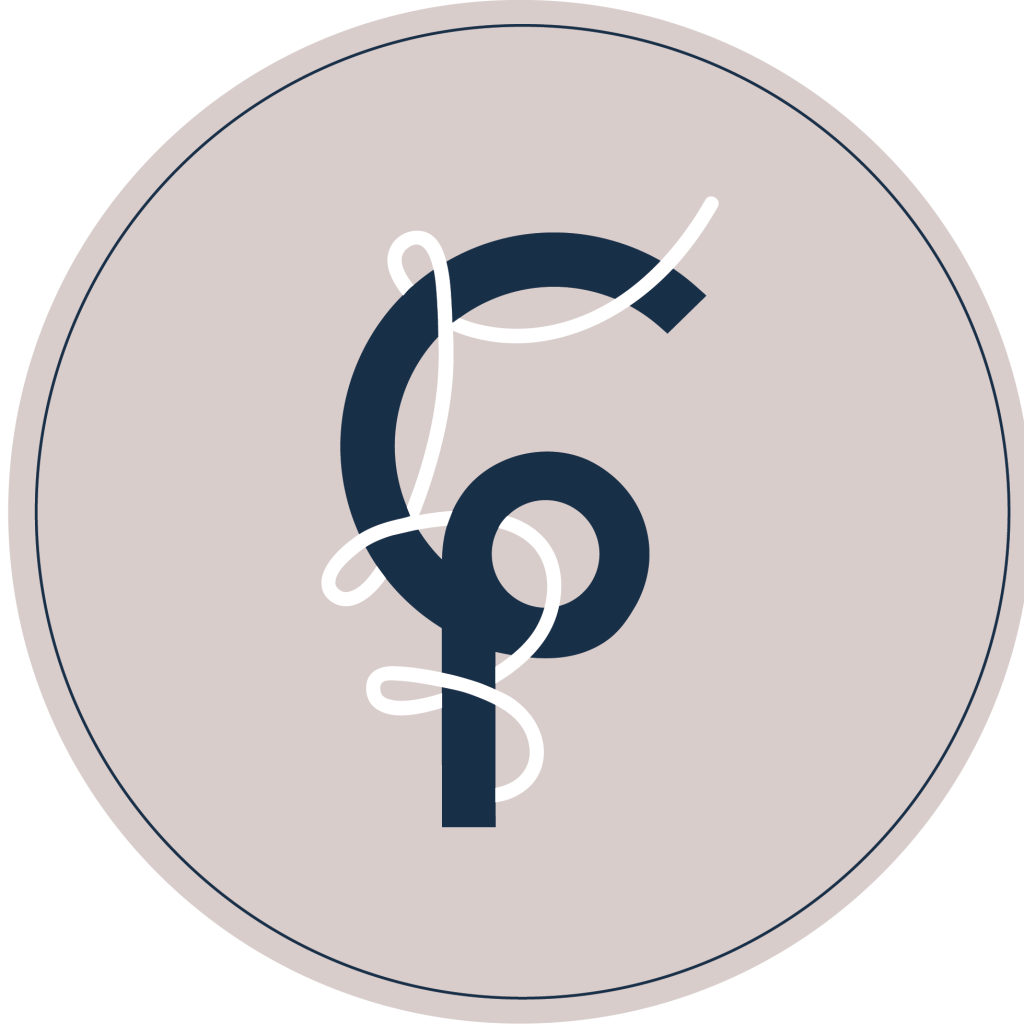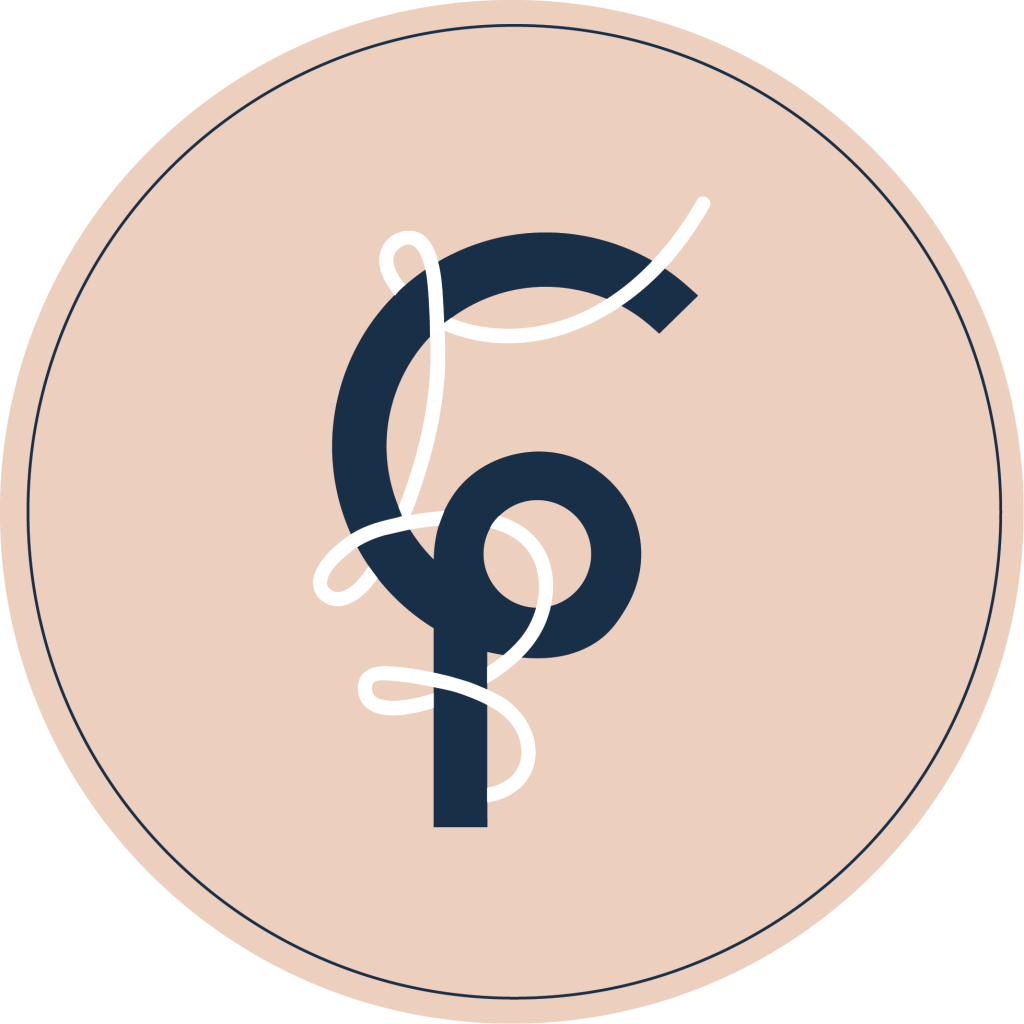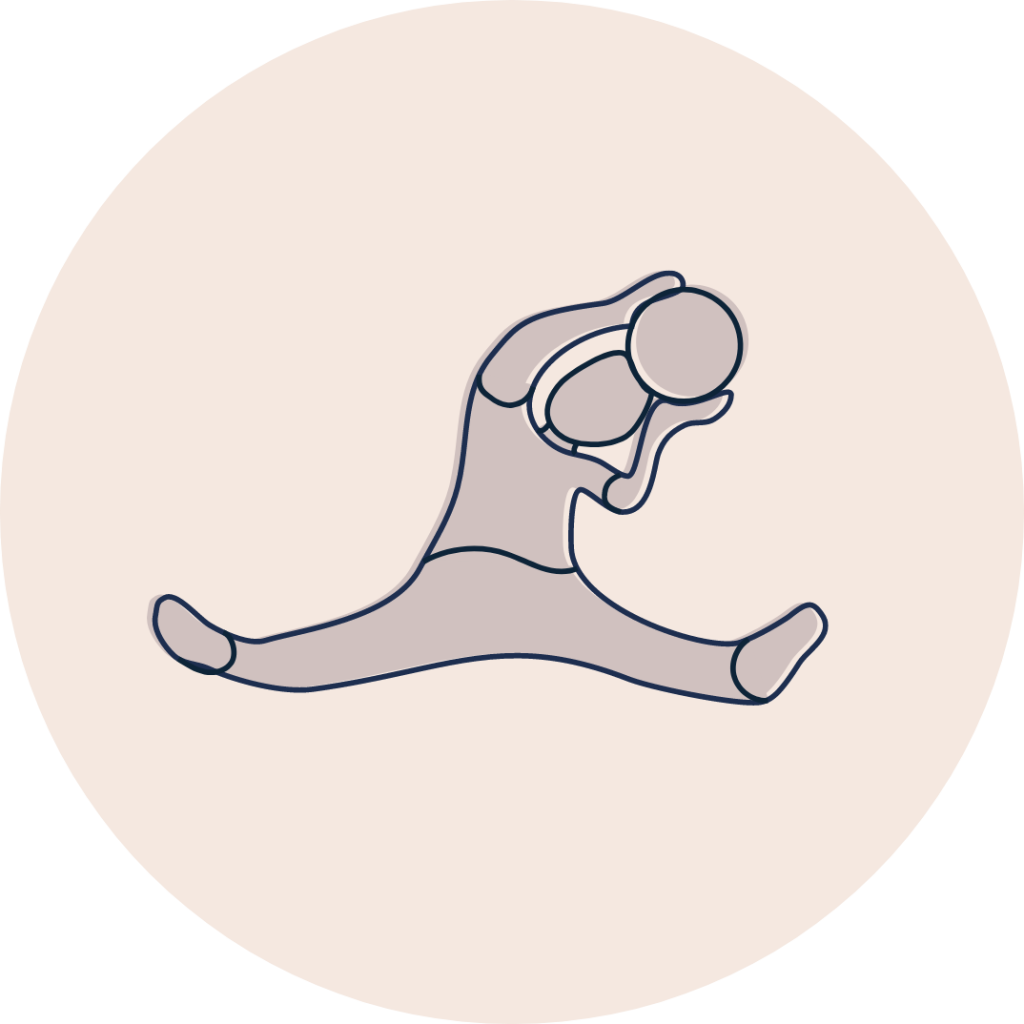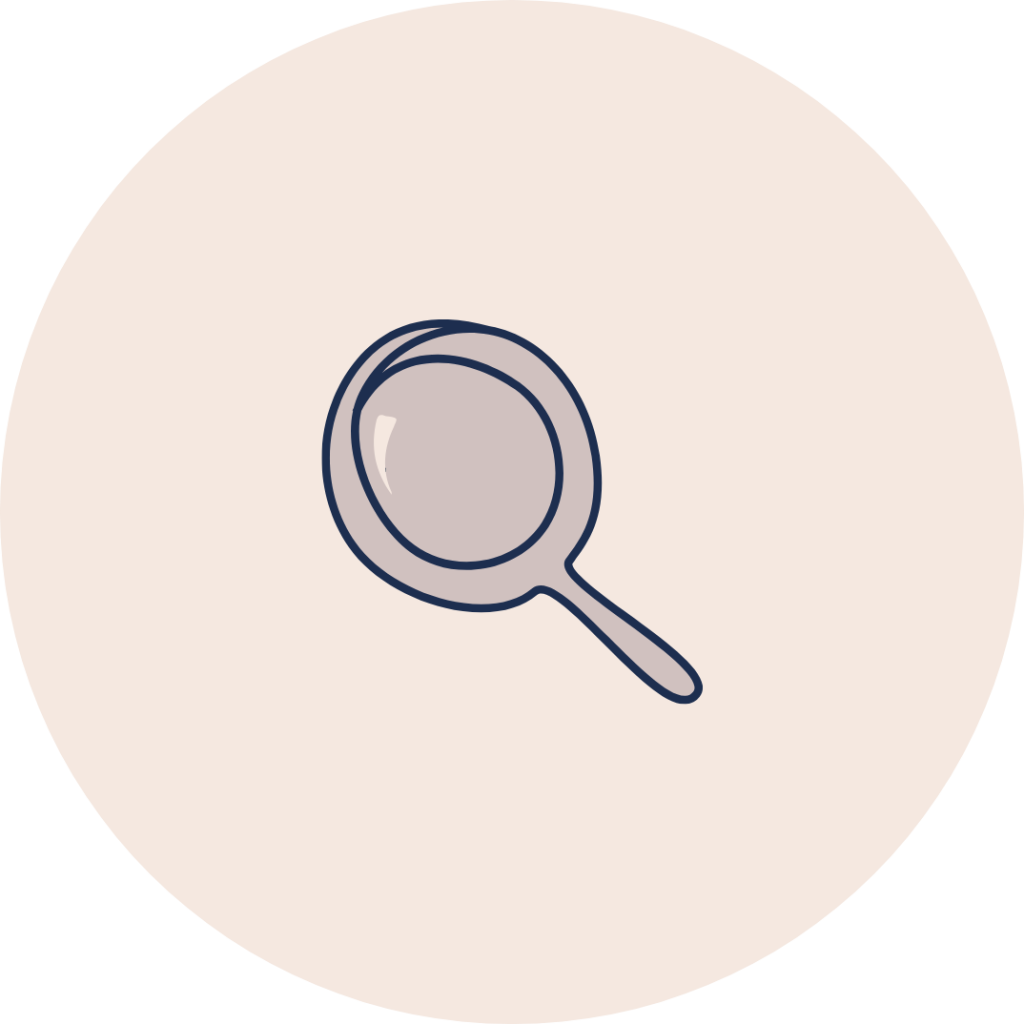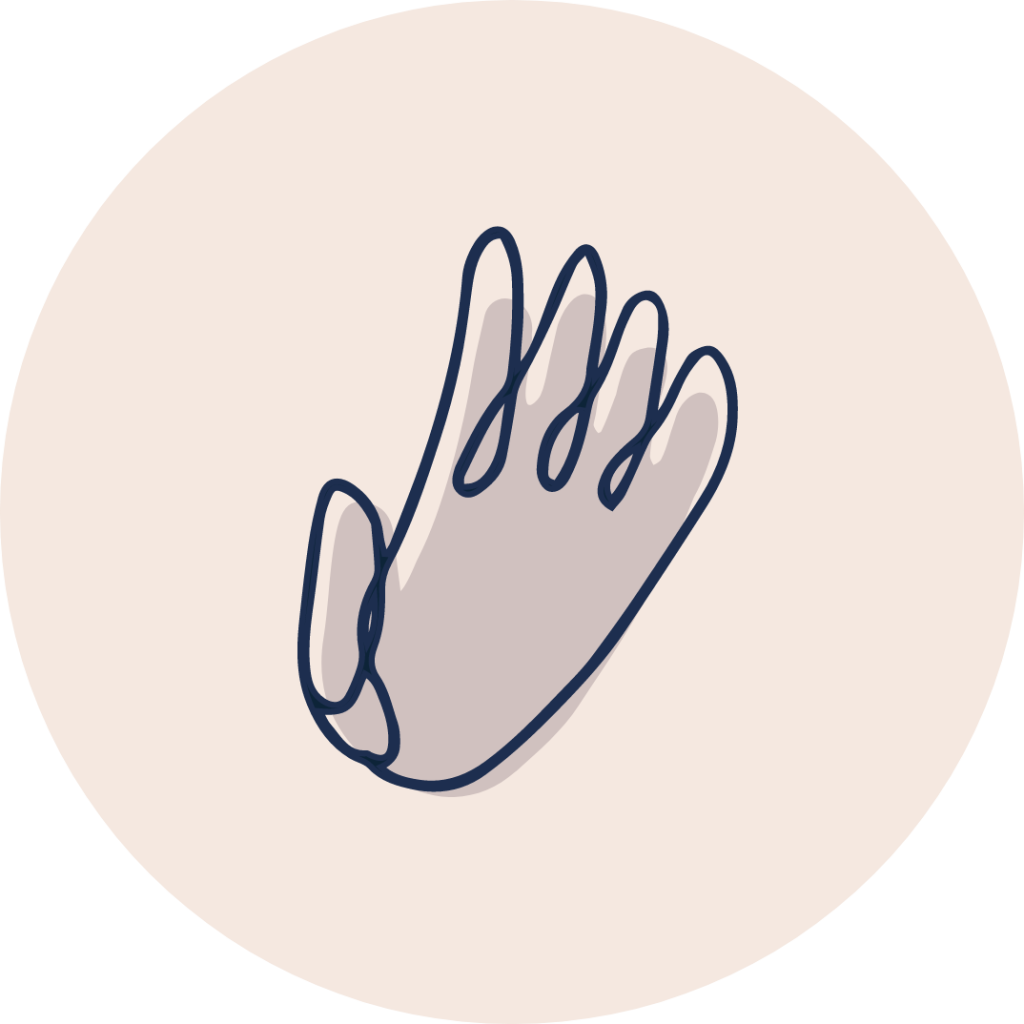What happens in a typical Children's physiotherapy appointment?
All sessions involve a relaxed chat with parent/carer and young person (as age appropriate) to find out more about your baby/ child/ young person and their development so far and any concerns you may have and any symptoms they may be experiencing. Ciara will ask questions to help shape the physical assessment which involves observation through play and movements as age appropriate, and gentle physical assessment. Management is individual to the young person’s needs and may include advice, positioning and activity ideas, help with environment set up, exercise prescription, activity modification, reassurance, and time to answer any questions (there are no silly questions here!). You know your child best, and the session can be flexible around you and your child (siblings are of course welcome also).
What should my child/teenager wear to their appointment?
Comfortable clothing and shoes/ trainers that they are able to do light exercise in. Please can they wear shorts if the appointment is for a concern with the leg, and a sleeveless top is the concern is for their arm. There are changing facilities on-site if required.
Do I need to attend the appointment with my child/ young person?
Yes I always prefer for parents to attend appointments with their child as it helps me provide a more holistic management plan, and helps parents be involved and have a better understanding of their child’s management, as it is likely they will be provided with exercises to complete at home.
You will be emailed a consent form prior to their initial appointment. You will be required to attend the initial assessment. If you consent to your teenager attending future appointments alone, this can be discussed at assessment as appropriate. I am flexible and respectful to each individual family and young person.
Is it important my child see a specialist Paediatric physiotherapist rather than my own adult physiotherapist?
In short, Yes! Children are not just little adults, their growing skeleton makes them susceptible to different types of injuries and different conditions than adults that also require different management. It is therefore really important baby’s, children, and teenagers are seen by health professionals with specialist additional training in Paediatrics to ensure appropriate, correct, and safe care.
You might also be interested in


